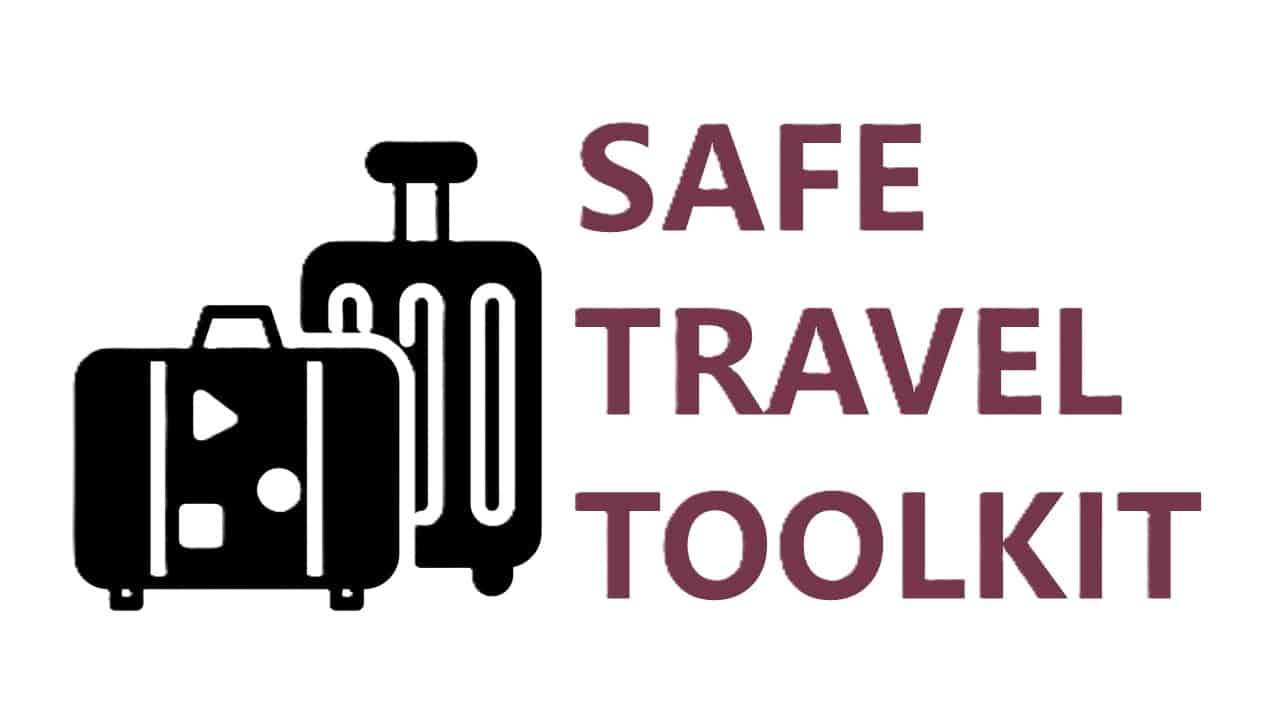Strikes, Protests, and Security Issues, a true story : During a trip to a foreign land, Jane found herself amidst escalating protests in the city square. What began as a peaceful demonstration soon spiraled into chaos. Tear gas filled the air, and the streets became a battleground. Jane, along with fellow travelers, sought refuge in a nearby cafe. They huddled together, scared and uncertain, as the situation unfolded outside. It was a harrowing experience, a stark reminder of the unpredictability of travel.
Strikes, Protests, and Security Issues – Tips for Travelers – Travel Health and Safety in Unstable Regions
Strikes, protests, and security issues can occur during your vacation, disrupting your plans and jeopardizing your safety. Here are in-depth tips to help you manage these delicate situations.
1. Be Prepared:
- Monitor News: Before and during your trip, stay informed about local news to be aware of potential protests or strikes. For example, if you’re planning a trip to Athens, check local information to see if any demonstrations are scheduled.
- Plan B: Always have a backup plan for your transportation or activities in case of disruptions. Reserve flexible transport and accommodation options when possible. For instance, if you’re heading to Paris, consider purchasing refundable train tickets in case of transportation strikes.
- Travel Insurance: Ensure that your travel insurance covers cancellations and disruptions related to strikes or protests. Keep a copy of your insurance policy and emergency contact numbers. For instance, when traveling to South America, make sure your insurance covers potential disruptions due to political protests.
2. Avoid Sensitive Areas:
- Stay Informed: During your stay, follow local news to avoid areas where protests are expected. For example, if you’re in Hong Kong, and a protest is announced in the central district, consider staying in a different part of the city.
- Avoid Crowds: If you find yourself near a protest, move away quickly to avoid any incidents. Be aware of alternative routes to leave the area safely. For instance, if attending a protest in Barcelona, find a safe path to leave the area quickly.
- Stay Calm: In case of trouble, stay calm, avoid panicking, and steer clear of confrontations. Use your common sense and judgment to safely distance yourself from conflict areas. For example, if a protest escalates in Istanbul, calmly move away without getting involved in clashes.
3. Stay in Touch:
- Keep Loved Ones Informed: Share your itinerary and contact details with a trusted person in case you need assistance. Establish regular check-in times with your family or friends. For instance, if you’re traveling alone in India, and protests occur, regularly inform a friend of your situation.
- Stay Connected: Always have a charged mobile phone with local emergency contacts, your country’s embassy or consulate, and a mapping app to track your location. For example, if you’re in Caracas and need help, quickly call your country’s embassy.
4. Respect Local Rules:
- Obey Authorities: Follow the instructions of local authorities and law enforcement for your safety. Do not attempt to interfere in political matters or actively participate in protests. For example, if you’re in Bangkok and authorities request leaving an area due to a protest, follow their instructions.
- Keep a Low Profile: Avoid actively participating in protests, even if you support the cause. You could become entangled in violence. Do not publicly express controversial political opinions. For instance, if you’re in Carthage and attend a protest, steer clear of political slogans to avoid trouble.
5. Ensure:
- Travel Insurance: Before your trip, check that your travel insurance covers cancellations and disruptions related to strikes or protests. Keep a copy of your insurance policy and emergency contact numbers. For example, if you’re traveling in Eastern Europe, ensure your insurance covers disruptions due to political protests.
6. Be Ready to React:
- Find Shelter: Knowing safe locations nearby, such as embassies, hotels, or rescue centers, in advance can be helpful in case of need. For instance, if you’re in Santiago, Chile, and protests erupt, locate the embassy of your country.
- Be Prepared to React: Have a small emergency kit with water, food, a flashlight, a whistle, and essential medications at hand for an extended situation. For example, if you’re in Buenos Aires and get stuck during a protest, an emergency kit can be very useful.
Risks Mapping and dangers on vacation, far from home
- Traveler’s Guide to Civil Unrest
- Coping with Protests and Security Challenges
- Navigating Strikes and Demonstrations Abroad
- Travel Safety in Unstable Areas
- Dealing with Turbulent Travel Situations
- Traveler’s Handbook for Security Challenges
- Managing Unrest While Traveling
- Staying Safe Amidst Protests and Strikes
- Tips for Traveling in Volatile Regions
- Security Strategies for Travelers in Unstable Areas
Managing strikes, protests, and security issues requires foresight, caution, and composure. By following these in-depth tips and relying on the provided examples, you’ll be better prepared to handle unexpected situations and ensure your safety while traveling.








